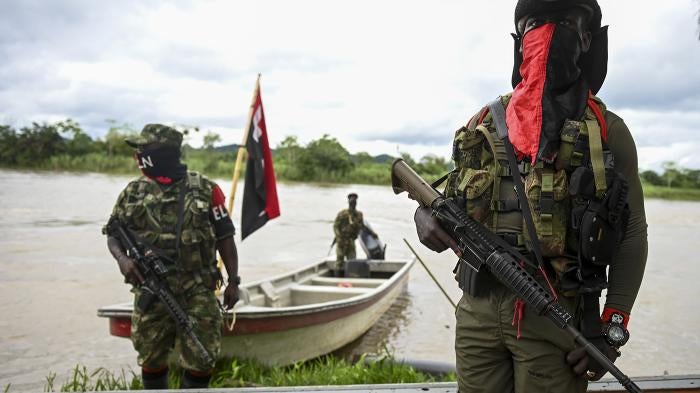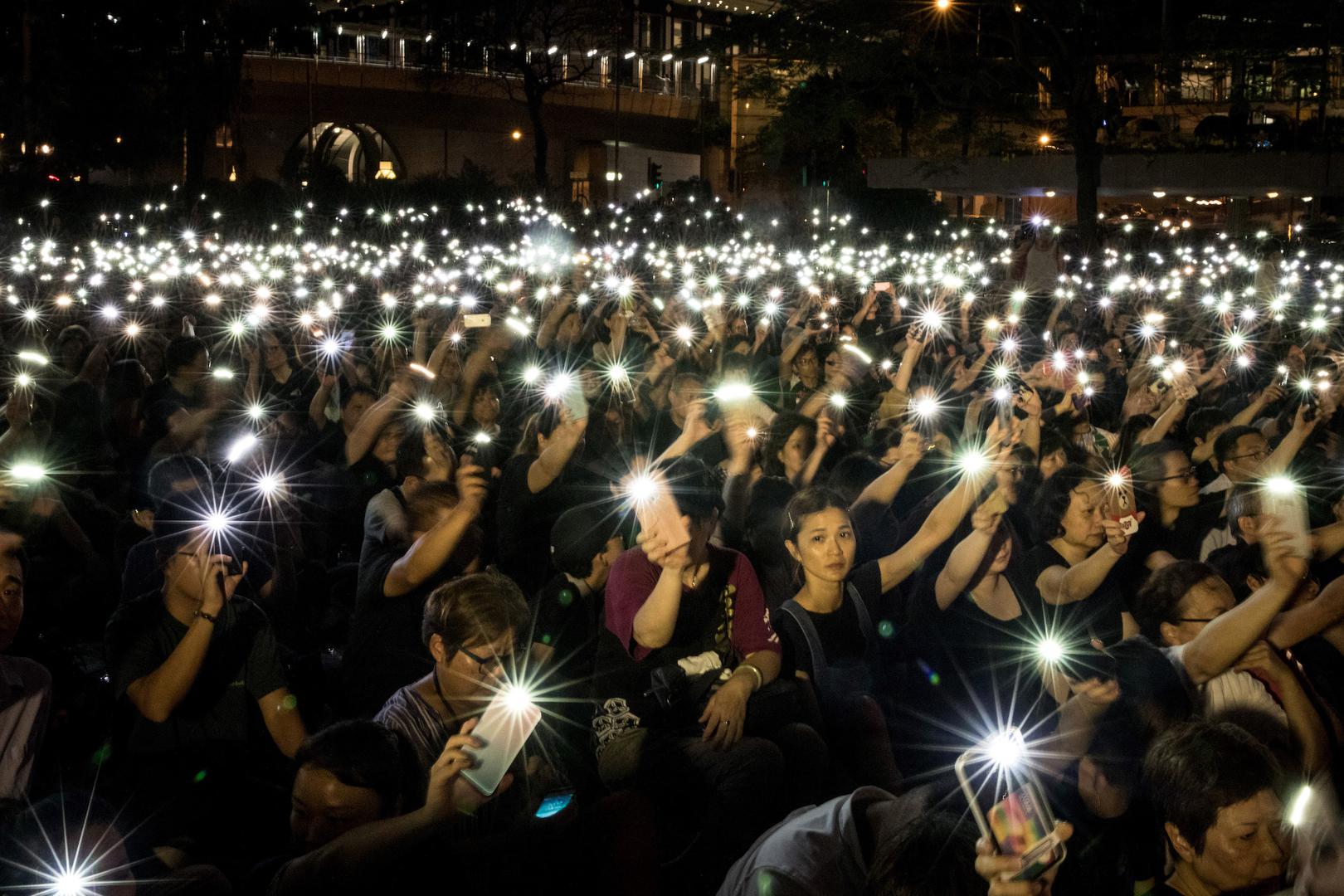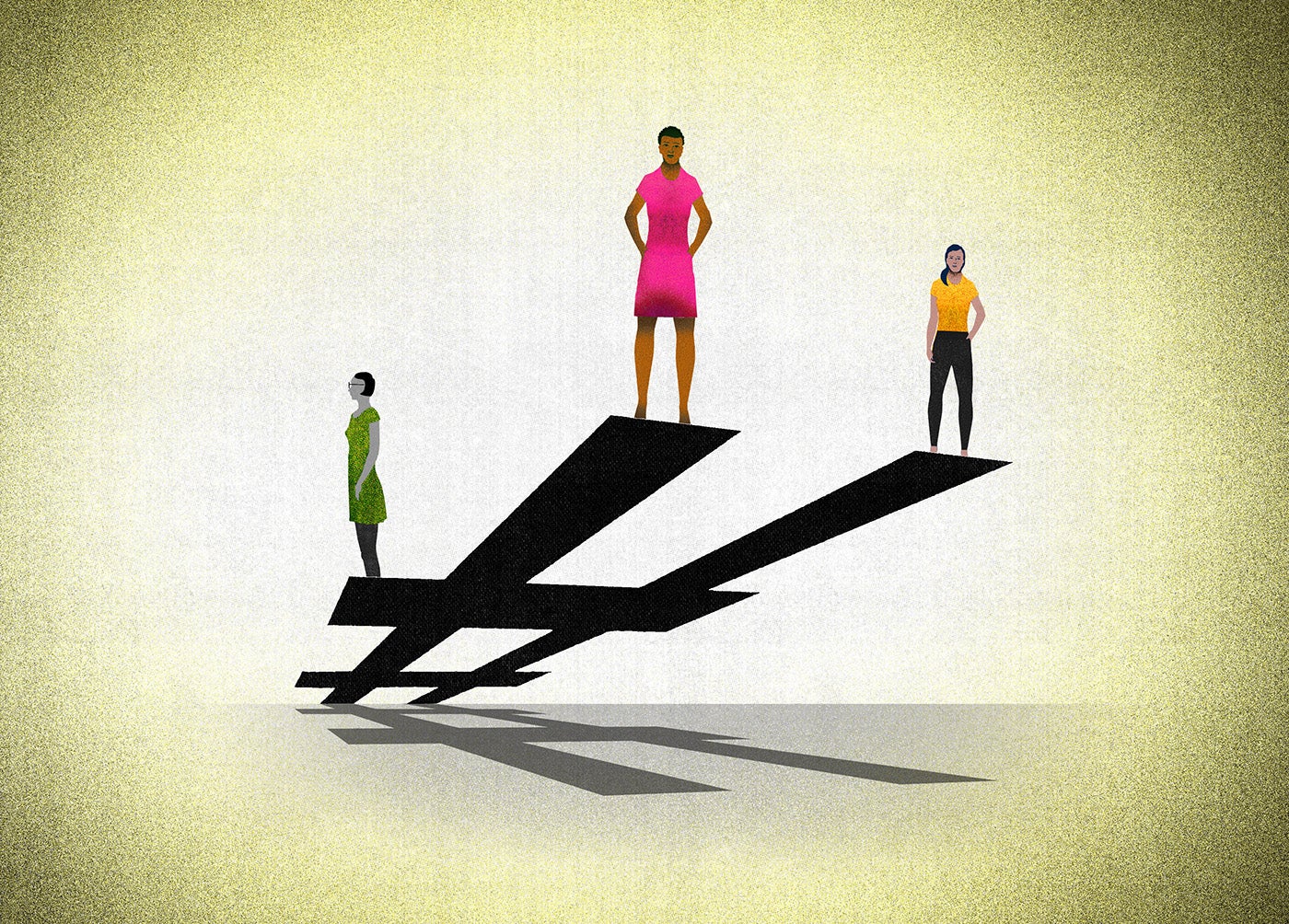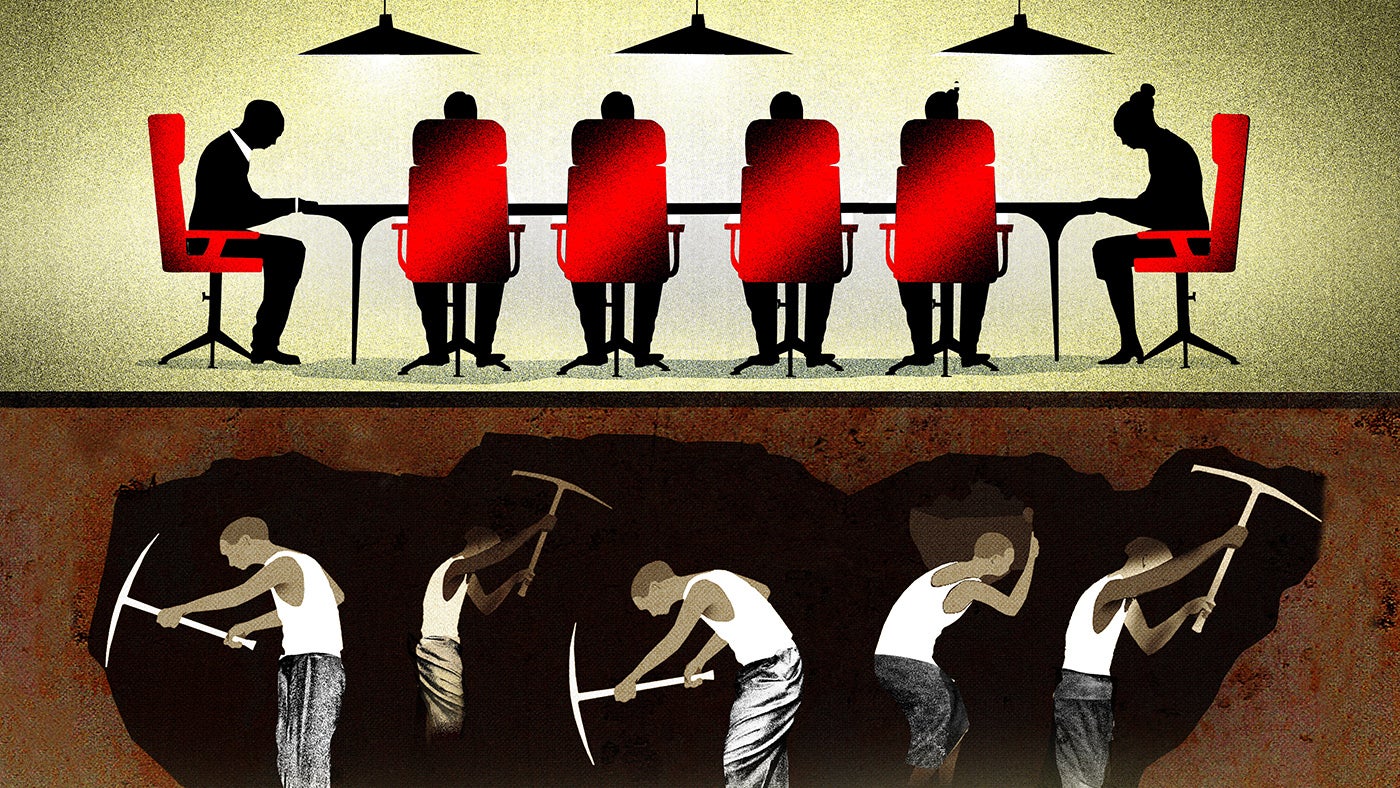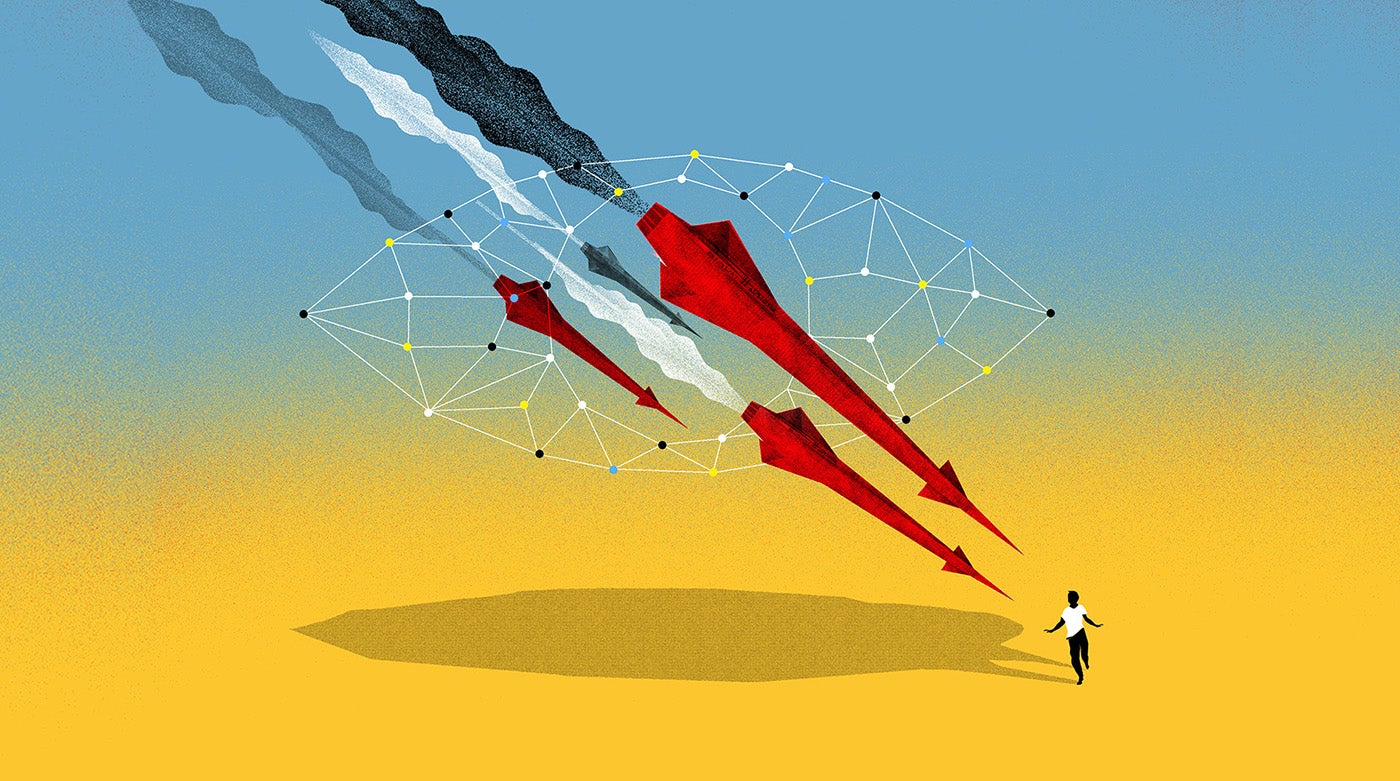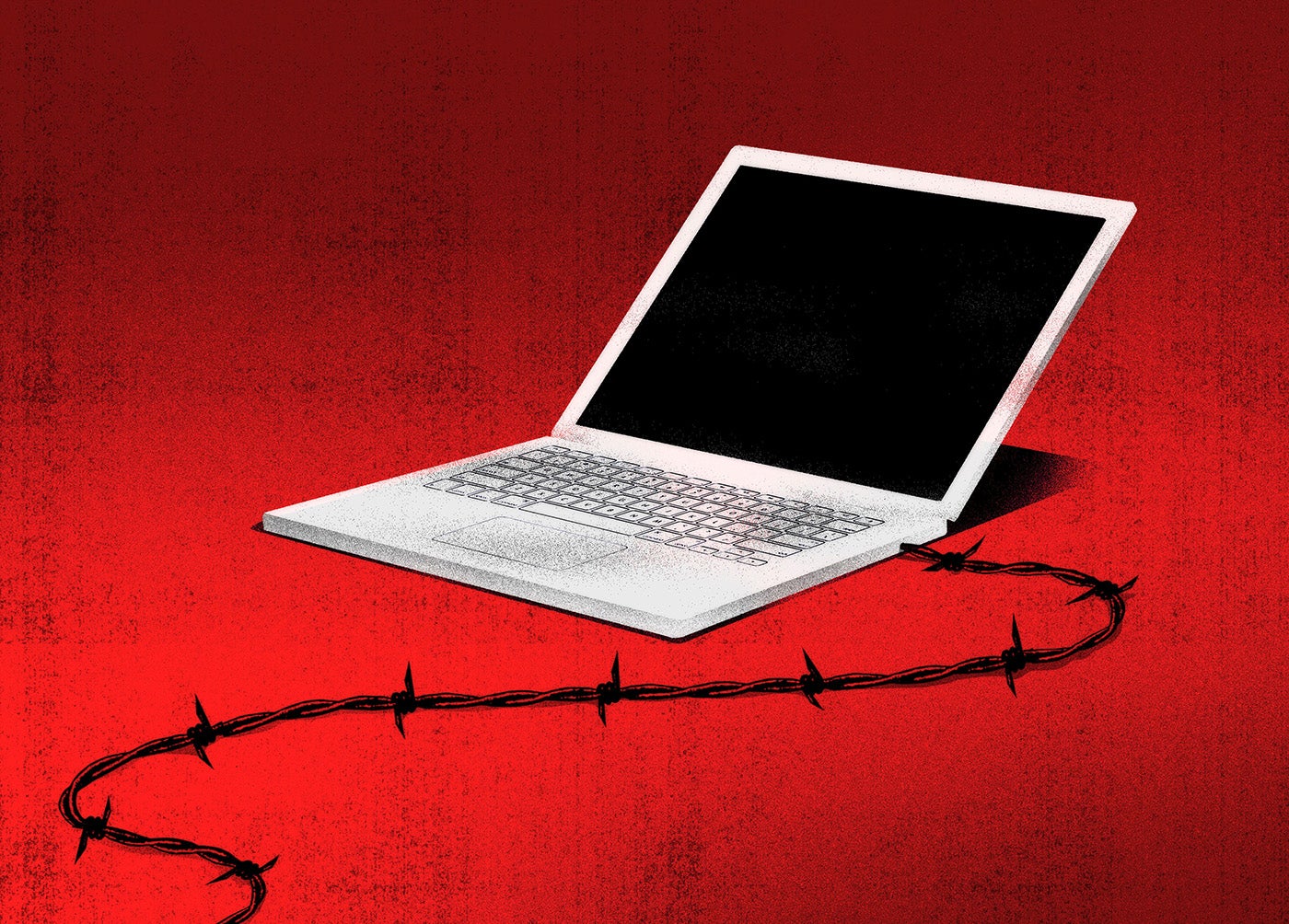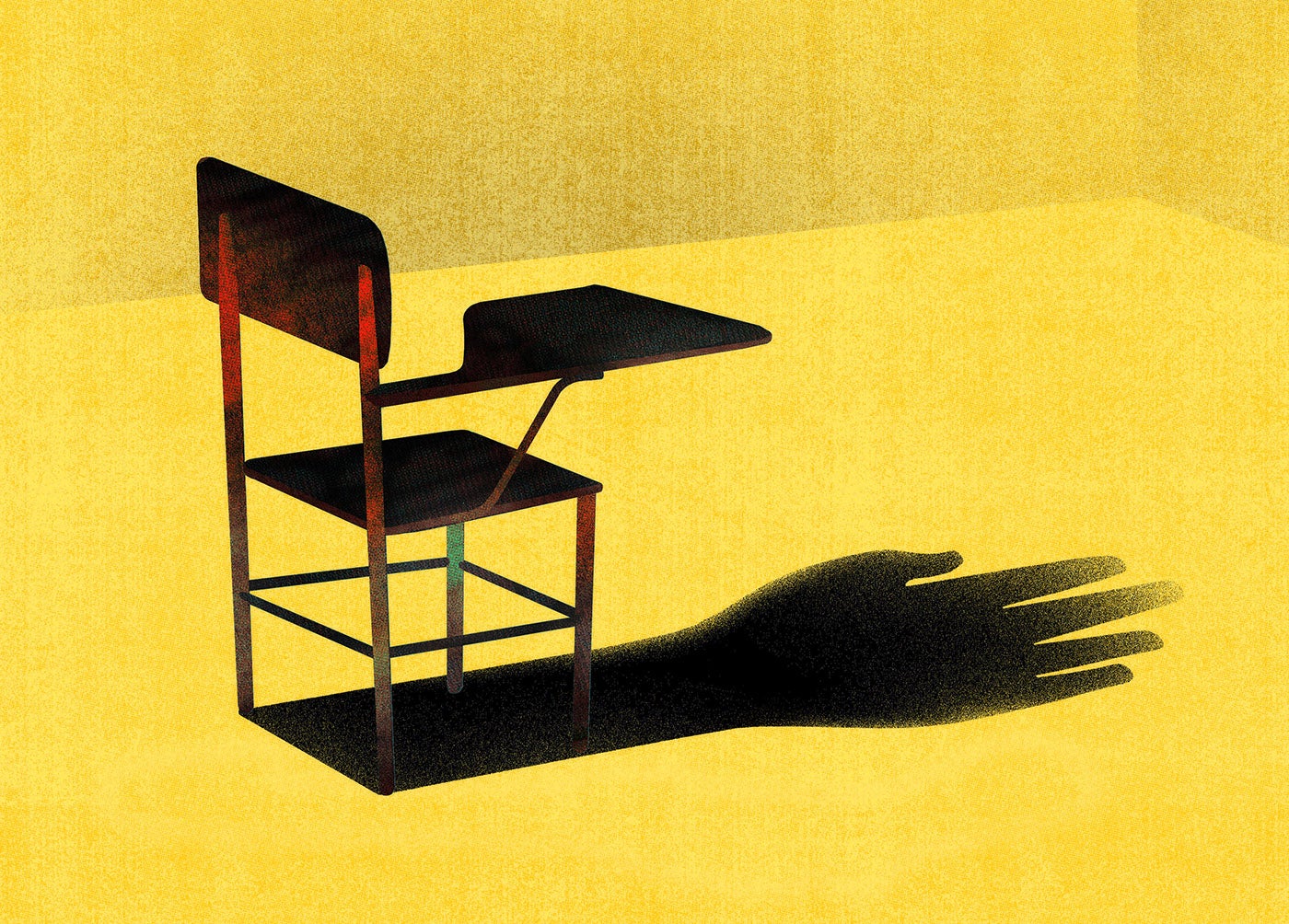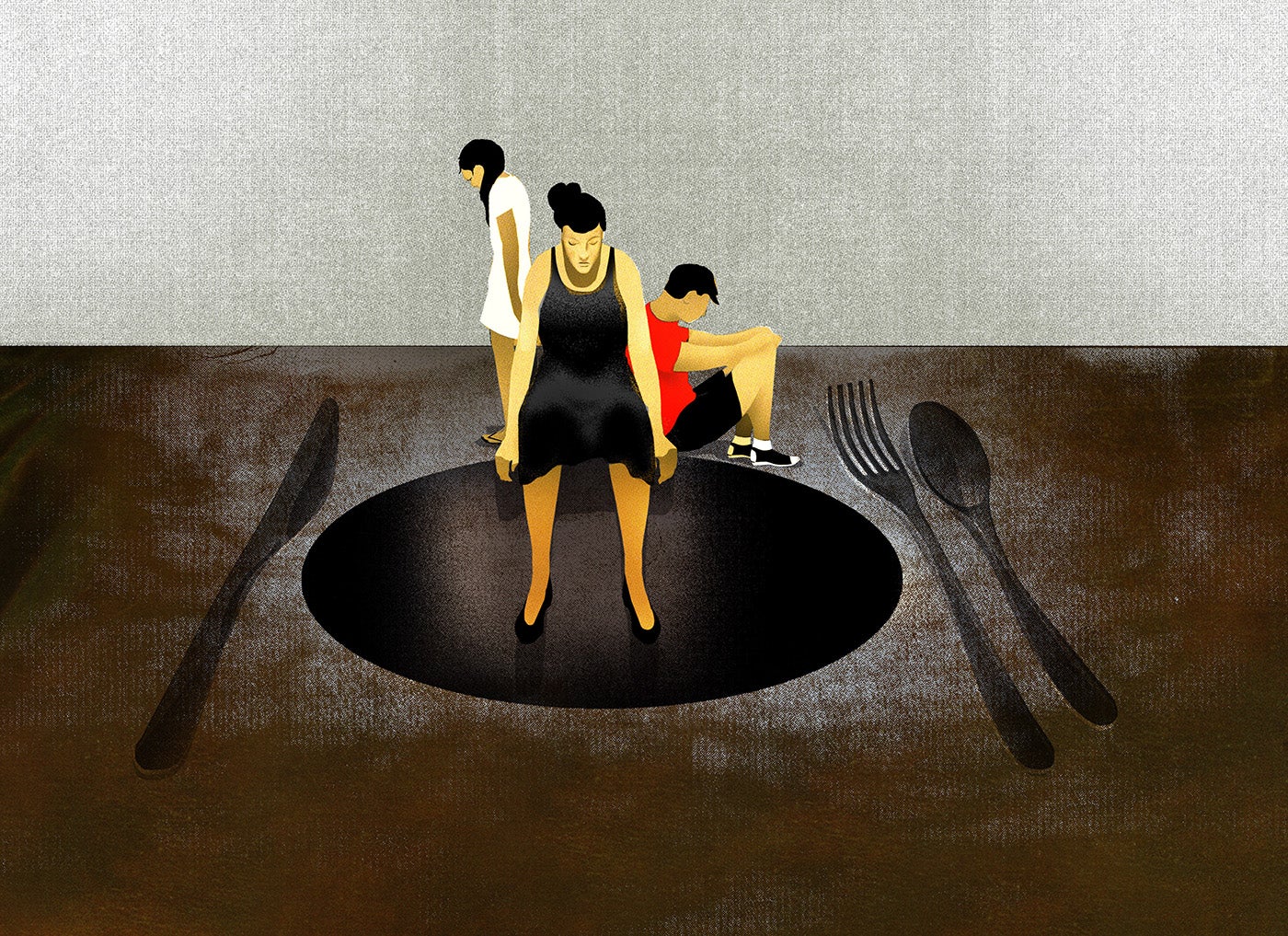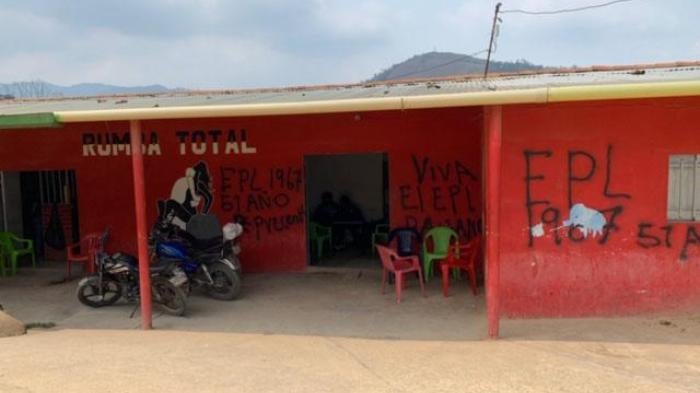The 52-year armed conflict between the Revolutionary Armed Forces of Colombia (FARC) and the government officially ended with a peace accord in 2016. Despite an initial overall decline, conflict-related violence has taken new forms and serious abuses continue.
In 2019, civilians in affected parts of the country suffered serious abuses at the hands of National Liberation Army (ELN) guerrillas, FARC dissidents, and paramilitary successor groups. Human rights defenders, journalists, indigenous and Afro-Colombian leaders, and other community activists have faced death threats and violence. The government has taken insufficient steps to protect them. Violence associated with the conflicts has forcibly displaced more than 8.1 million Colombians since 1985.
In 2017, the Colombian government initiated formal peace talks with the ELN. But in January 2019, shortly after the ELN exploded a car bomb at a police academy in Bogotá, the government of President Iván Duque ended the peace talks.
Impunity for past abuses, barriers to land restitution for displaced people, limits on reproductive rights, and extreme poverty and isolation faced by indigenous communities remain important human rights concerns in Colombia.
Guerrillas and FARC Dissidents
In June 2017, the United Nations political mission in Colombia verified that FARC guerrillas who accepted the peace agreement with the government had handed over their weapons to the mission. The demobilized guerrilla group later announced it was forming a political party, the Revolutionary Alternative Force of the Common People.
But a minority of dissident guerrilla fighters rejected the terms of the peace agreement, refused to disarm, and continue to commit abuses. Other FARC fighters disarmed initially but then joined or created new groups, partly in reaction to inadequate reintegration programs. As of May, the military estimated that FARC dissident groups had more than 2,300 members.
In the eastern province of Arauca, on the border with Venezuela, a FARC dissident group has committed serious abuses against civilians including those who defy the group’s “rules.” Abuses include murder, sexual violence, child recruitment, kidnappings, and forced labor. In some cases, fighters from this group have taken victims across the border to Venezuela.
In September, Karina García Sierra, who was running to be mayor of Suárez, Cauca, was attacked and killed. Authorities blamed a FARC dissident group.
The ELN continued in 2019 to commit war crimes and other serious abuses against civilians, including killings, forced displacement, and child recruitment. Its fighting with the Popular Army of Liberation (EPL)—a hold-out from a rival guerrilla group that demobilized in the 1990s—forced over 3,500 people to leave their houses in Catatumbo, a region in the northeast, between January and the end of July 2019.
In the Chocó province, on the country’s west coast, fighting between the ELN and the Gaitanist Self-Defense Forces of Colombia (AGC)—a group that emerged from the paramilitaries. Fears of landmines, threats by armed groups, and getting caught in the crossfire have limited the ability of nearly 2,800 people in Chocó to leave their communities, a situation known as “confinement.” In already poor communities, confinement often undermines access to food.
In January, a car bomb detonated at a police academy in Bogotá, killing 22 cadets and injuring over 60 others. Days later, the ELN claimed responsibility, saying they had acted “within the laws of war.”
Paramilitaries and Successors
Between 2003 and 2006, right-wing paramilitary organizations with close ties to security forces and politicians underwent a deeply flawed government demobilization process in which many members remained active and reorganized into new groups. These successor groups continue to commit violations of the laws of war and serious human rights abuses, including killings, disappearances, and rape.
Fighting between the AGC and a FARC dissident group caused 2,200 people to flee their homes in the Córdoba province, in northern Colombia, between March and April 2019.
Implementation of the Justice and Peace Law of 2005, which offers reduced sentences to demobilized paramilitary members who confess their crimes, has been slow. Of more than 30,000 paramilitary troops who demobilized, 4,000 have sought to exchange a confession for a lighter sentence. As of March 2018, 215 had been sentenced.
Santiago Uribe, brother of former President Alvaro Uribe, was on trial, at time of writing, on charges of murder and conspiracy for his alleged role in the paramilitary group “The 12 Apostles” in the 1990s.
The Supreme Court summoned former President Uribe to appear in court in October to answer allegations that he tampered with witnesses who implicated him in paramilitary atrocities in the 1990s.
Violations by Public Security Forces
From 2002 through 2008, army brigades across Colombia routinely executed civilians in what are known as “false positive” killings. Under pressure from superiors to show “positive” results and boost body counts in their war against guerrillas, soldiers and officers abducted victims or lured them to remote locations under false pretenses—such as promises of work—shot them dead, placed weapons on their bodies, and reported them as enemy combatants killed in action. The number of allegations of unlawful killings by security forces has fallen sharply since 2009, though credible reports of some new cases continue to emerge.
As of September 2019, the Attorney General’s Office had opened over 2,000 investigations on alleged unlawful killings by army personnel from 2002 through 2008, and had achieved over 900 convictions in cases against more than 1,600 mid- and low-level soldiers, including convictions against the same individual in various cases. As of February 2019, 55 members of the Armed Forces had testified about their roles in false positives before the Special Jurisdiction for Peace, a transitional justice mechanism created by the peace agreement with the FARC.
Authorities have largely failed, however, to prosecute senior army officers involved in the killings and instead have promoted many of them through the military ranks. As of September 2019, cases against 29 army generals under investigation for false-positive killings had seen scant progress.
In December 2018, President Duque named Gen. Nicacio de Jesús Martínez Espinel as head of the army, despite credible evidence linking him to false positives.
The army apologized for the April 29 killing by one of its soldiers of Dimar Torres, a former FARC fighter, in Catatumbo, in northeast Colombia. A sergeant was charged with the murder, while a colonel was accused of cover up.
In 2019, the New York Times, Semana magazine, and Human Rights Watch published documents showing that in 2019 the army reinstated military policies resembling those that led to the “false positives.” The bulk of the new policies remained in force at time of writing.
In November, Defense Minister Guillermo Botero resigned as he was facing an impeachment process in Congress.
Violence Against Community Activists
Indigenous, Afro-Colombian, and other community activists continue to be targeted with threats and attacks. The Office of the UN High Commissioner for Human Rights (OHCHR) documented the killings of 41 human rights defenders between January and late July 2019.
In March, a group of young men broke into the home of Argemiro López, a community activist who promoted the substitution of coca for food crops in La Guayacana, in the southwestern municipality of Tumaco. They shot and killed López and injured his wife.
Most such killings have occurred in areas where illegal economic activities, such as drug production and trafficking, are common. These include Cauca and Nariño provinces in the south; Catatumbo, in the northeast, on the border with Venezuela; and the Bajo Cauca and southern Córdoba regions in the northwest.
In August, the Attorney General’s Office said it had issued arrest warrants against at least one alleged perpetrator in 58 percent of the cases reported by the OHCHR since January 2016 in which human rights defenders have been murdered. The office said it had obtained convictions against 62 perpetrators. Authorities have made much less progress in prosecuting people who ordered murders against community leaders.
The National Protection Unit—a national body charged with protecting people at risk— has granted individual protection measures to hundreds of human rights defenders, providing cellphones, bulletproof vests, and bodyguards. Such measures are provided in response to threats, but many community leaders killed had not reported threats or requested protection.
In April 2018, the government signed a decree creating collective protection programs for communities and rights groups at risk. It had not been implemented at time of writing.
An action plan introduced in November 2018 to protect community leaders has not led to any evident results.
Peace Negotiations and Accountability
The peace agreement between the Colombian government and the FARC provided for the creation of a “Special Jurisdiction for Peace” to try those responsible for gross human rights violations and violations of international humanitarian law committed during the conflict. FARC guerrillas and members of the armed forces responsible for crimes against humanity and serious war crimes who fully cooperate with the new jurisdiction and confess their crimes are subject to as many as eight years of “effective restrictions on freedoms and rights,” but no prison time.
At time of writing, Special Jurisdiction magistrates had prioritized seven situations for analysis: kidnappings committed by the FARC; false-positive killings; army and FARC abuses against Afro-Colombian and indigenous people in three municipalities in Nariño province, in the south; FARC and army abuses committed in the Urabá region, in the north; FARC and army abuses committed in the northern part of Cauca province; government abuses against members of the Patriotic Union, a political party created by the FARC in the 1980s; and recruitment and use of children by the FARC.
During 2019, the Special Jurisdiction opened investigations to determine whether four former FARC commanders had failed to fulfill their responsibilities under the peace accord, including reincorporating former guerrilla fighters into society and testifying before the Special Jurisdiction. In April, the Special Jurisdiction issued a warrant for arrest of one of them, alias “El Paisa,” ruling his failure to testify before the Special Jurisdiction was unjustified.
The whereabouts of all four, including the group’s top peace negotiator, alias “Iván Márquez” and alias “Jesús Santrich,” who the US is seeking to have extradited to the US on drug charges, remained unknown at time of writing. In August, these four former FARC commanders, along with about 20 other former mid-level FARC commanders, announced that they were taking up arms again in response to what they called a “betrayal by the state of the peace accord.”
In March, the Constitutional Court ruled unconstitutional a 2018 law containing a provision that suspended, unless defendants requested otherwise, Special Jurisdiction prosecutions of armed forces soldiers until the government created a “special and differentiated process” for them.
Internal Displacement and Land Restitution
Conflict-related violence has displaced more than 8.1 million Colombians, out of a population of 49 million, since 1985, government figures reveal. Around 33,000 people were displaced between January and the end of July 2019.
The government’s implementation of land restitution under the 2011 Victims’ Law continues to move slowly. The law was enacted to restore millions of hectares of land that were left behind by or stolen from internally displaced Colombians during the conflict. As of July, the courts had issued rulings in only 10,400 of more than 116,000 claims filed.
In August, a Democratic Center senator introduced a bill that would limit land restitution in cases where the land was stolen and since sold.
Migration from Venezuela
Colombia has received by far the largest number of Venezuelan exiles fleeing the human rights and humanitarian crisis in Venezuela. More than 1.4 million people moved from Venezuela to Colombia between March 2017 and August 2019.
In July 2017, the Colombian government created a special permit that allows Venezuelan citizens who enter the country legally but overstay their visas to regularize their status and obtain work permits and access to basic public services. As of July, nearly 600,000 Venezuelans had obtained the permit. Many still remain with irregular status. In August, the Colombian government passed a regulation allowing more than 24,000 Venezuelan children born to undocumented Venezuelan immigrants to claim Colombian nationality.
Women’s and Girls’ Rights
Gender-based violence, including by armed groups, is widespread in Colombia. Lack of training and poor implementation of treatment protocols impede timely access to medical services and create obstacles for women and girls seeking post-violence care and justice. Perpetrators of violent, gender-based crimes are rarely held accountable.
In the southwestern municipality of Tumaco, where sexual violence, including by armed groups, is pervasive, women face an array of obstacles in ensuring protection and accountability.
Abortion in Colombia is legal only when the life or health of the woman or girl is at risk, the pregnancy is the result of rape, or the fetus suffers conditions incompatible with life outside the womb.
Sexual Orientation and Gender Identity
In recent years, authorities have taken several steps to recognize the rights of lesbian, gay, bisexual, and transgender (LGBT) people. In 2015, the Justice Ministry issued a decree allowing people to revise the gender noted on their identification documents without prior judicial approval. Also that year, the Constitutional Court ruled that Colombians cannot be barred from adopting a child because of their sexual orientation. In 2016, the court upheld the right of same-sex couples to marry.
Indigenous Rights
Indigenous people in Colombia suffer disproportionate levels of poverty that greatly impede their ability to exercise their social and economic rights. From January through mid-August 2019, at least 21 children under age five—the majority of them belonging to Wayuu indigenous communities—died in the province of La Guajira of causes associated with malnutrition and limited access to drinking safe water. In August 2019, Colombia’s inspector general said that the government had not taken coordinated action to address the crisis.
Key International Actors
The United States remains the most influential foreign actor in Colombia. The US House of Representatives approved at least US$457 million for Colombia in June; the bill was pending in the Senate at time of writing. A portion of US military aid is subject to human rights conditions, but the US Department of State has not seriously enforced them.
In April, US senators Patrick Leahy, Chris Van Hollen, and Benjamin L. Cardin sent a letter to President Duque expressing their concern with the appointment of officers to senior positions in the army, despite credible information that they were linked to “false positives.”
The Office of the Prosecutor (OTP) of the International Criminal Court continues to monitor Colombian investigations of crimes that may fall within the court’s jurisdiction.
In 2016, at the request of the government of then-President Juan Manuel Santos, the UN Security Council established a political mission in Colombia to monitor and verify implementation of the FARC peace accord. In July 2019, President Duque asked the Security Council to extend the mandate of the UN mission for another year.
The Office of the UN High Commissioner for Human Rights (OHCHR) continues to play a key role in defending and promoting human rights in Colombia. In October, the government and high commissioner renegotiated the agreement establishing an OHCHR office in Colombia and extended its mandate for three more years.
The Colombian government continues to support regional efforts to address the human rights crisis in Venezuela, including by leading efforts of the Lima Group, a coalition of governments in the region that is monitoring Venezuela’s crisis.
